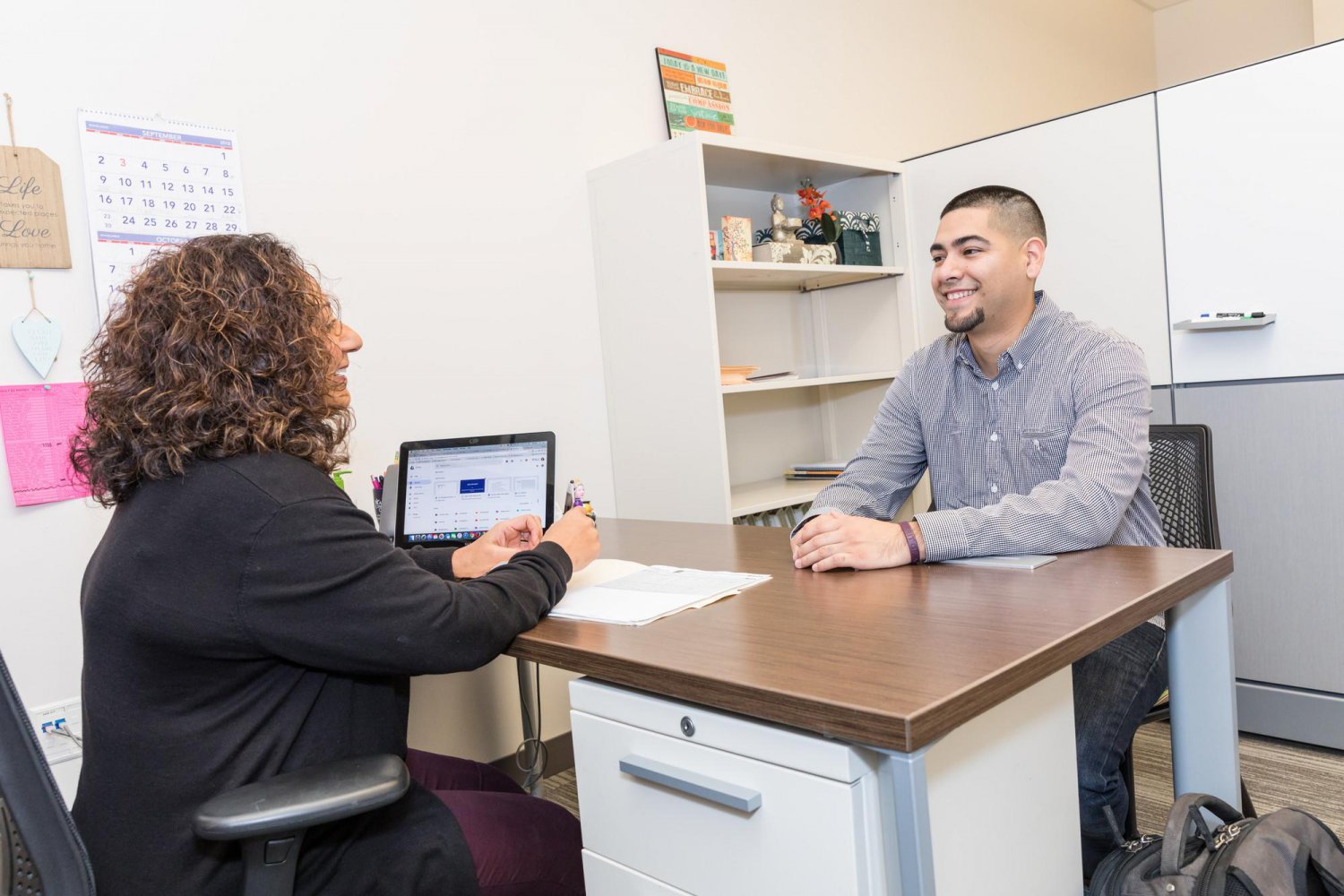National surveys show ACC student success, satisfaction & engagement above average

Results from the 2019 Survey of Entering Student Engagement (SENSE) and the Community College of Student Engagement (CCSSE) show that recent collegewide efforts to better support student success through Guided Pathways are improving student engagement and outcomes. According to the surveys, students at ACC achieve success at higher rates compared to the overall average across the nation.
The CCSSE measures key areas of student engagement that educational research has shown to be important to students' college experiences and educational outcomes. The SENSE survey is similar except that it focuses on students' experiences during the first weeks of the fall semester. ACC also administers the Noel-Levitz Student survey.
Strengths
On the SENSE survey, nearly 98 percent of students said that they would recommend ACC to a friend or family member, which is greater than the 95 percent score that both our national and peer colleges received.
ACC also ranked higher than the national average (54 vs. 50) and its peer community colleges (54 vs. 46.7) on providing students with a "clear academic plan and pathway."
The college also achieved high scores (ACC - 51.3 vs. national - 50 and peer colleges - 47.7) on "academic and social support network."
"We took what was normally advising/counseling and divided it into subgroups of very specific areas because not everybody needs everything," says Dr. Guillermo "Willie" Martinez, interim vice president of Student Affairs. "There are certain students that need certain things. We've listened to our students and worked to develop groups that get students the information and support that they need, being fully cognizant that not everybody is going to get exactly the same thing — this is equity at work."
On the CCSSEE survey, ACC scored above the national average in the key areas of student effort and support for learners. More specifically, our top scores were in the following aspects of student engagement:
- Encouraging contact among students from different economic, social, and racial or ethnic backgrounds
- Frequency of career counseling usage
- Frequency of peer or other tutoring usage
- Frequency of computer lab usage
Areas for improvement
Although the results are overall positive, the SENSE survey suggests additional opportunities to help engage with more students:
- Make new students feel welcome.
- Make them feel they are part of a class community by incorporating more group work in courses and including ice-breakers for students.
- Encourage more students to use labs and other academic support services more, invite academic support services staff into classes to help promote their use early in the semester.
To view the reports, visit the CCSSE and SENSE pages on the Office of Institutional Research and Analytics website.
Add new comment